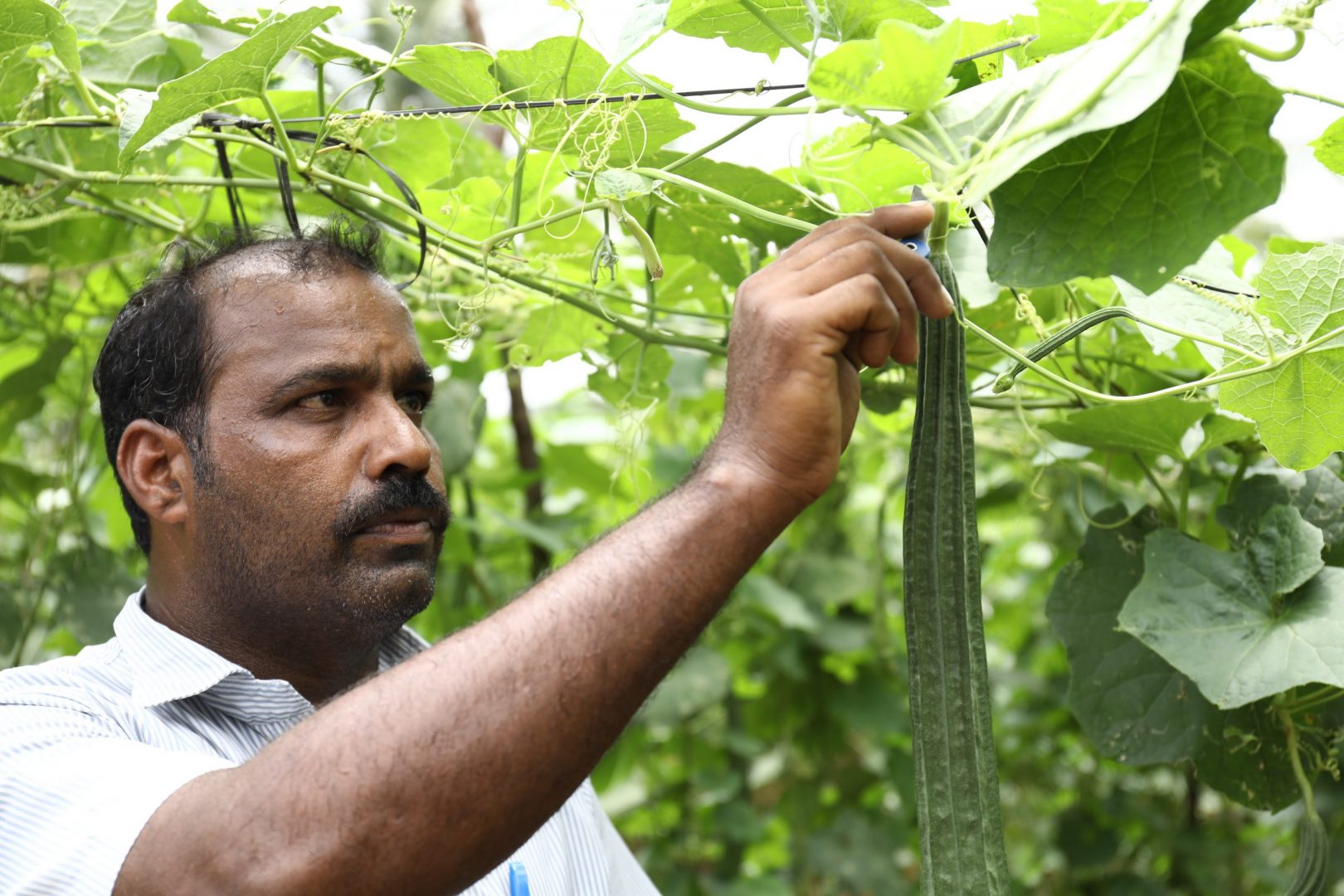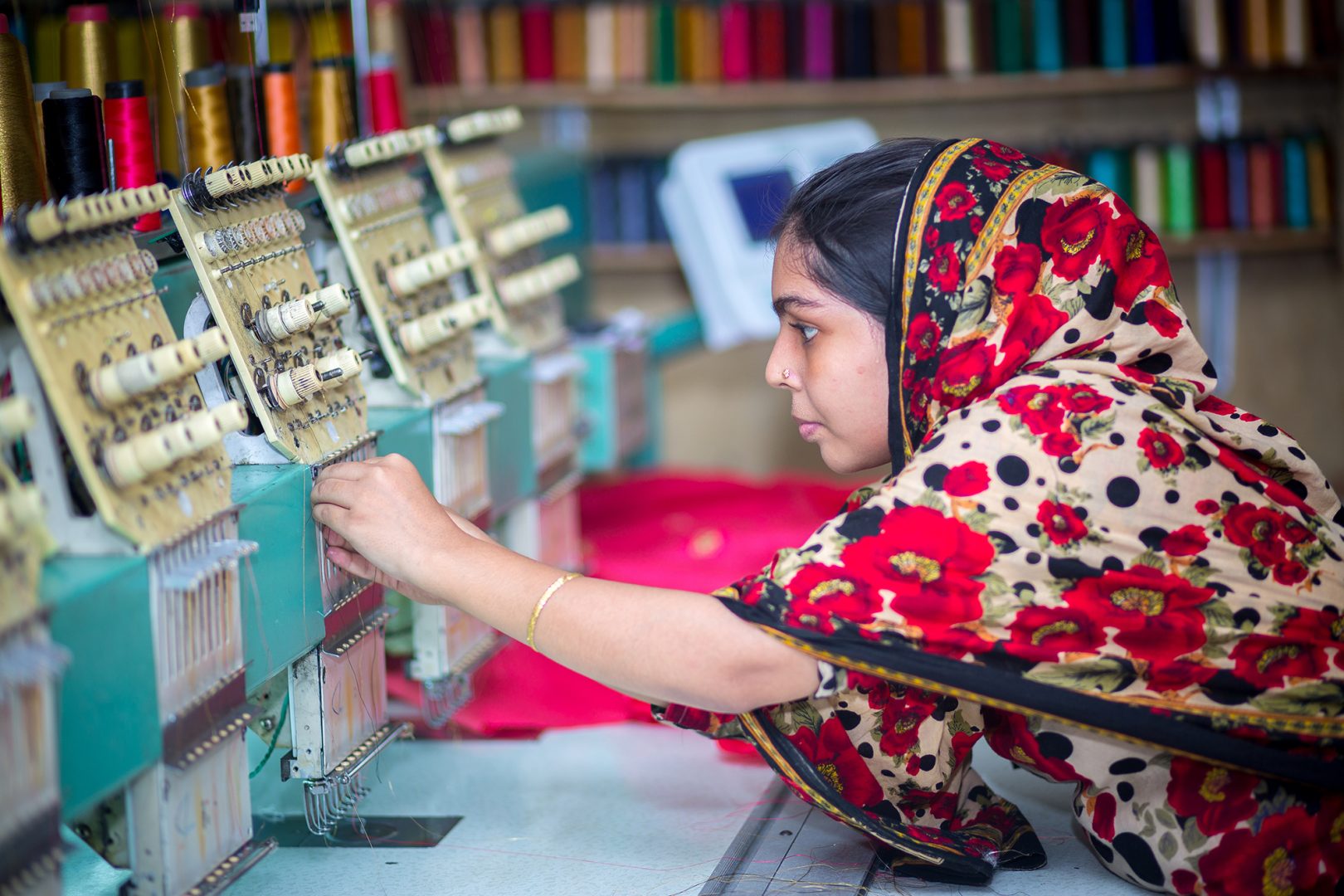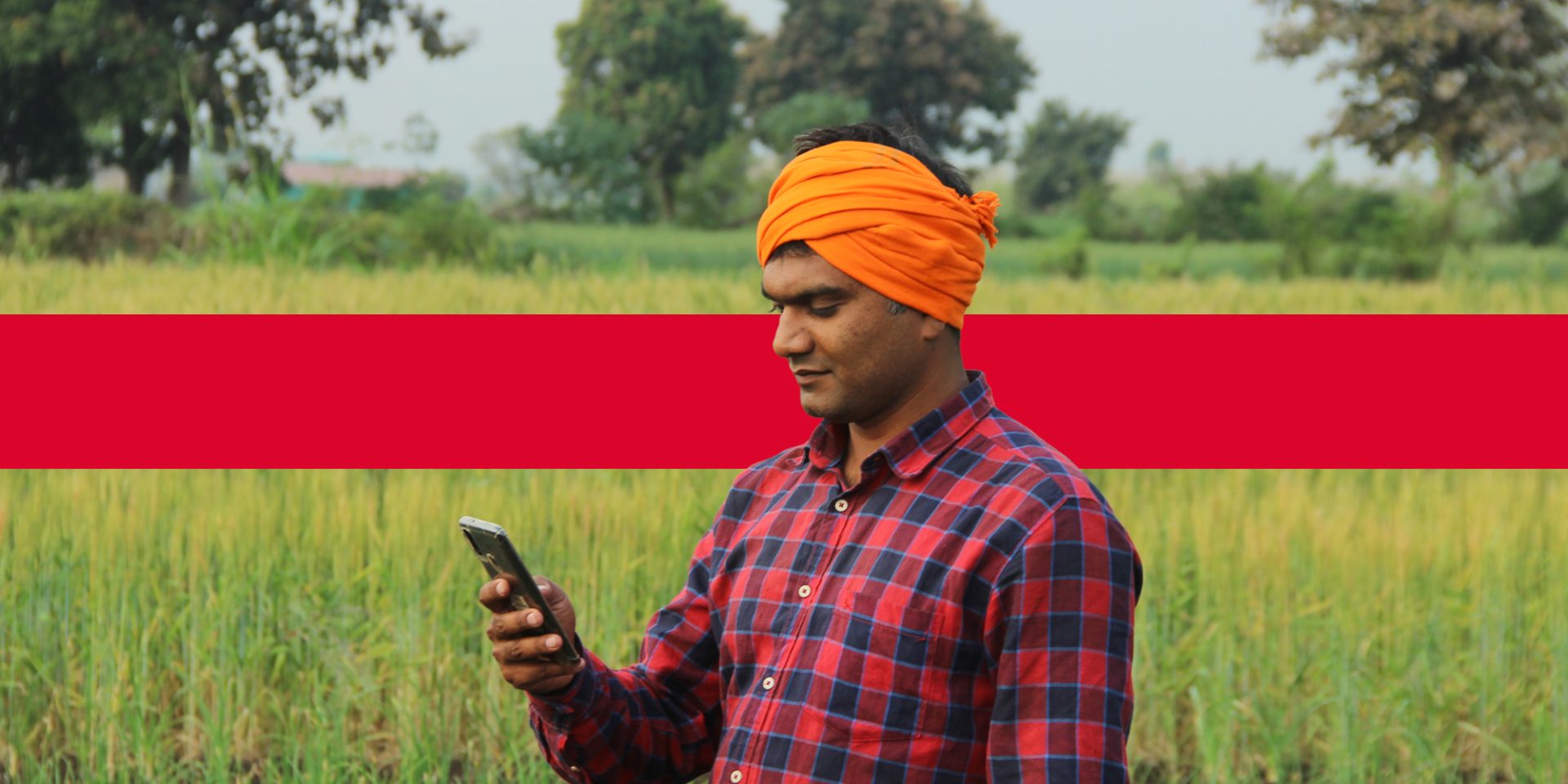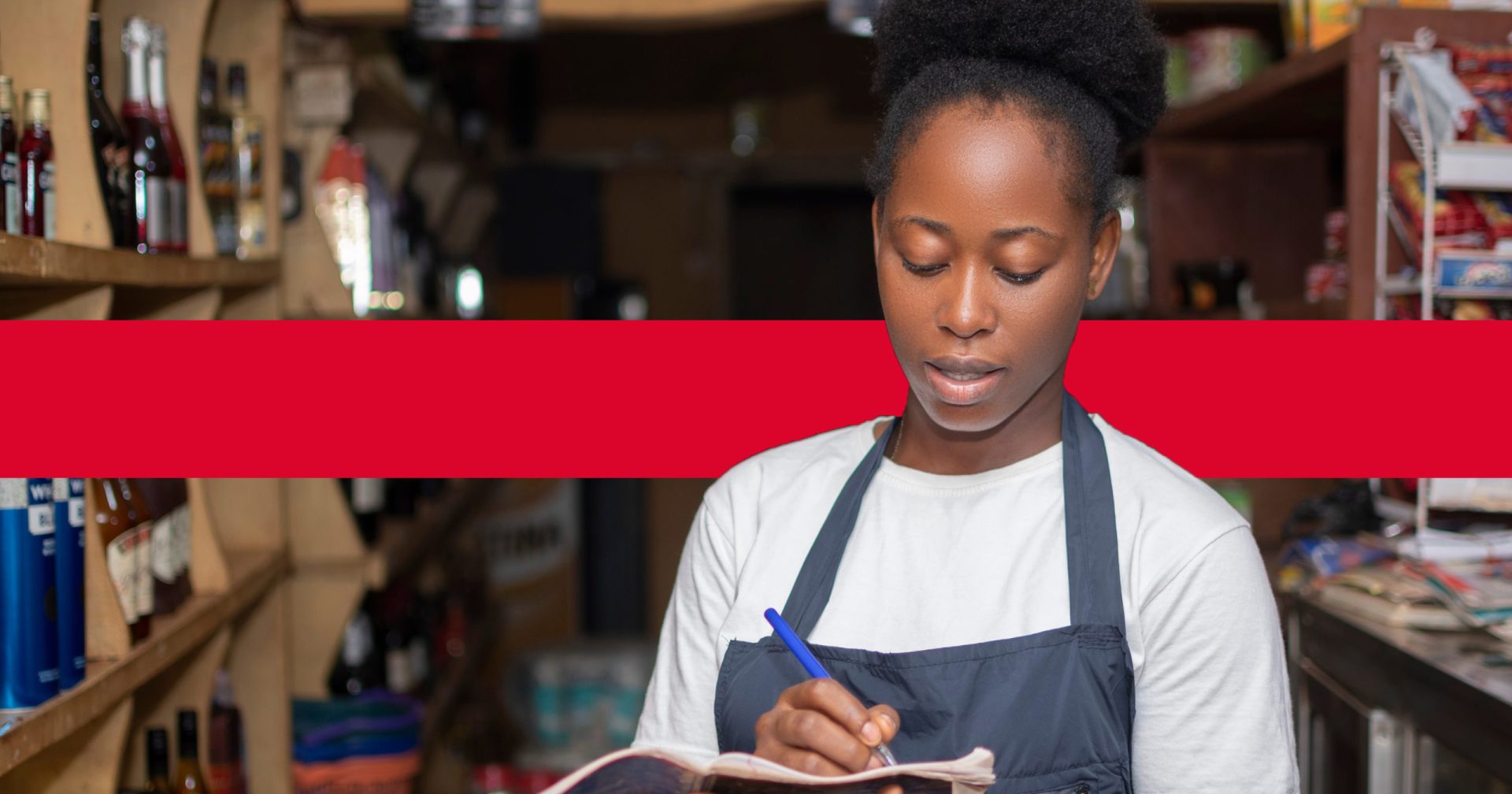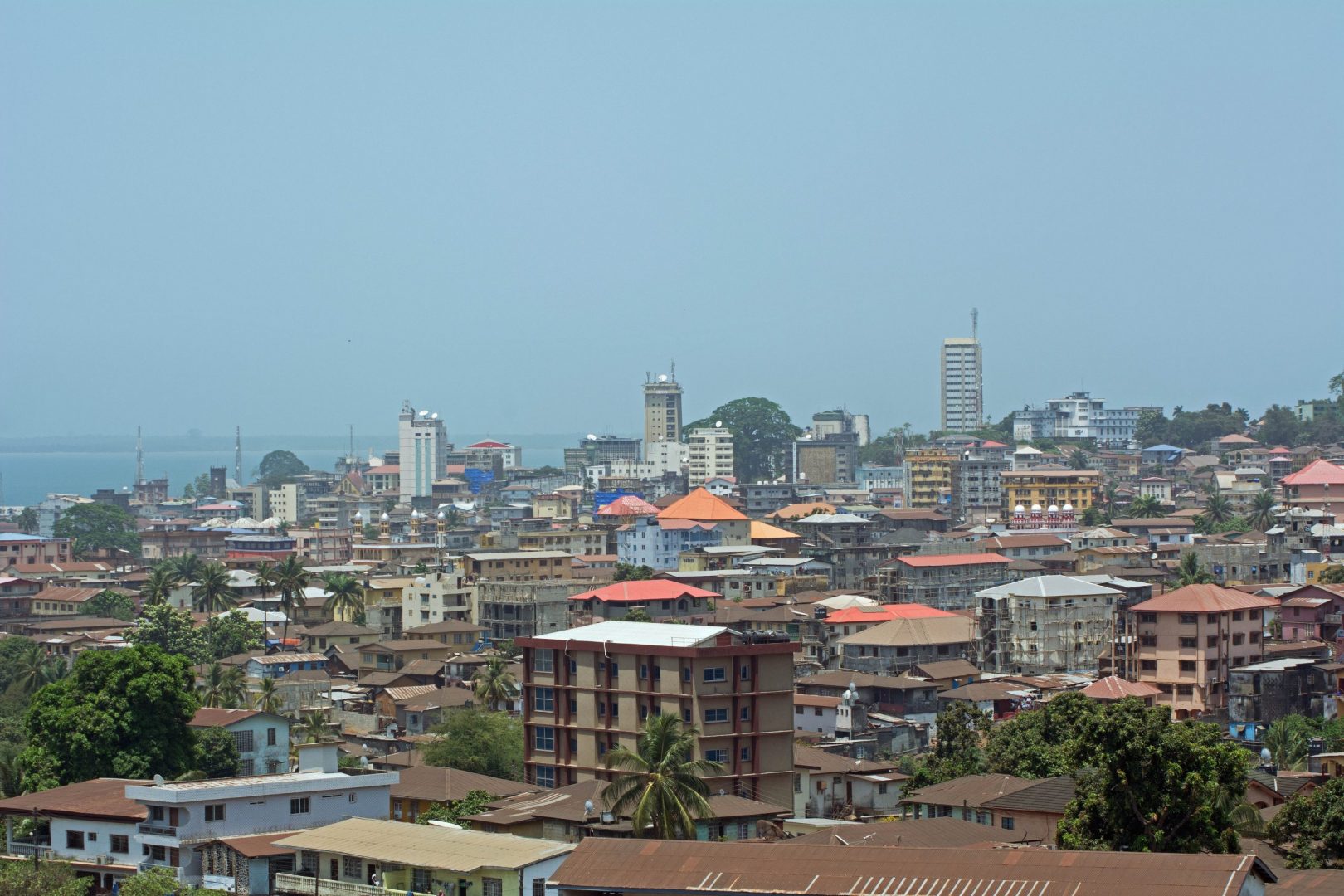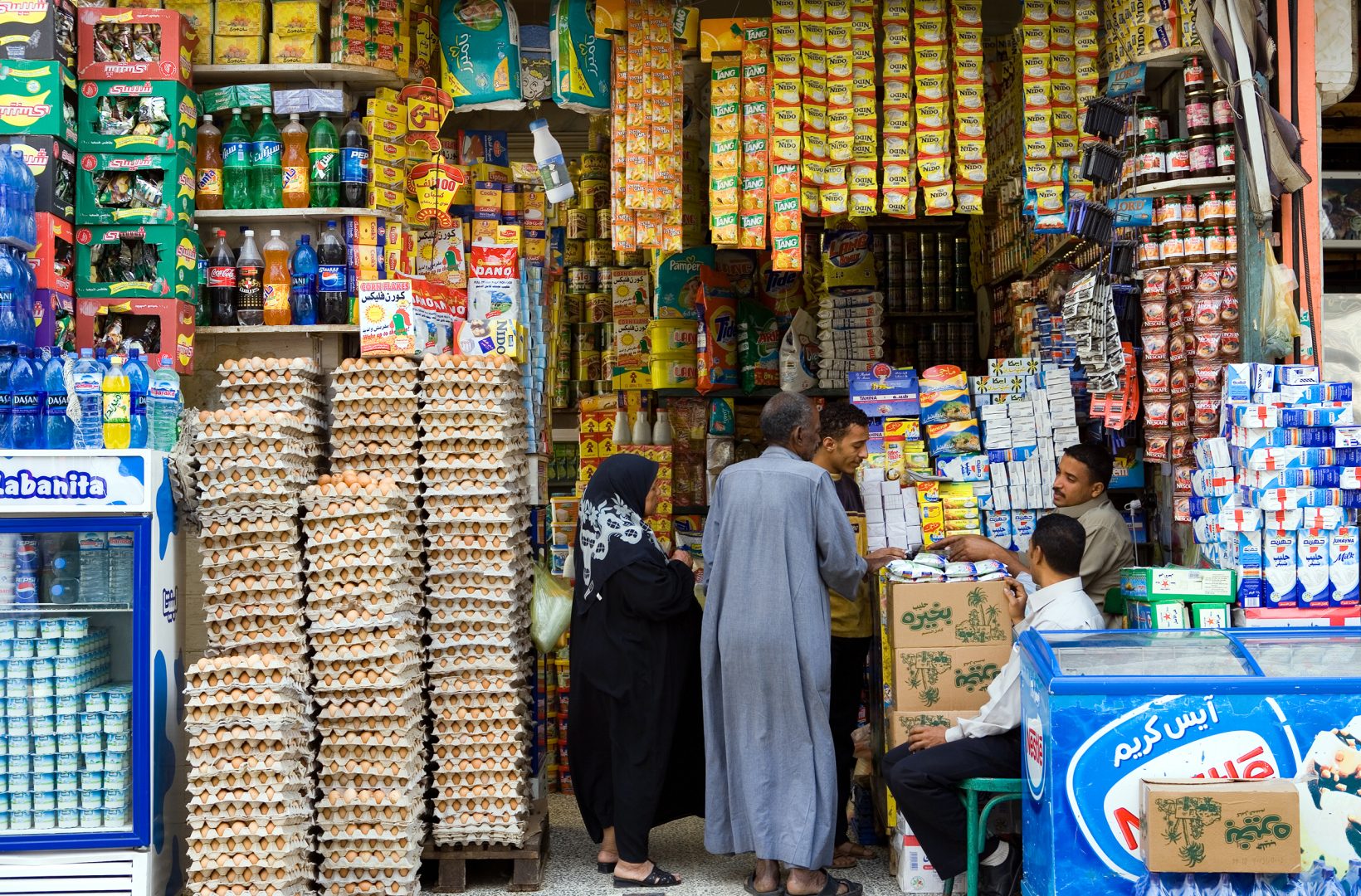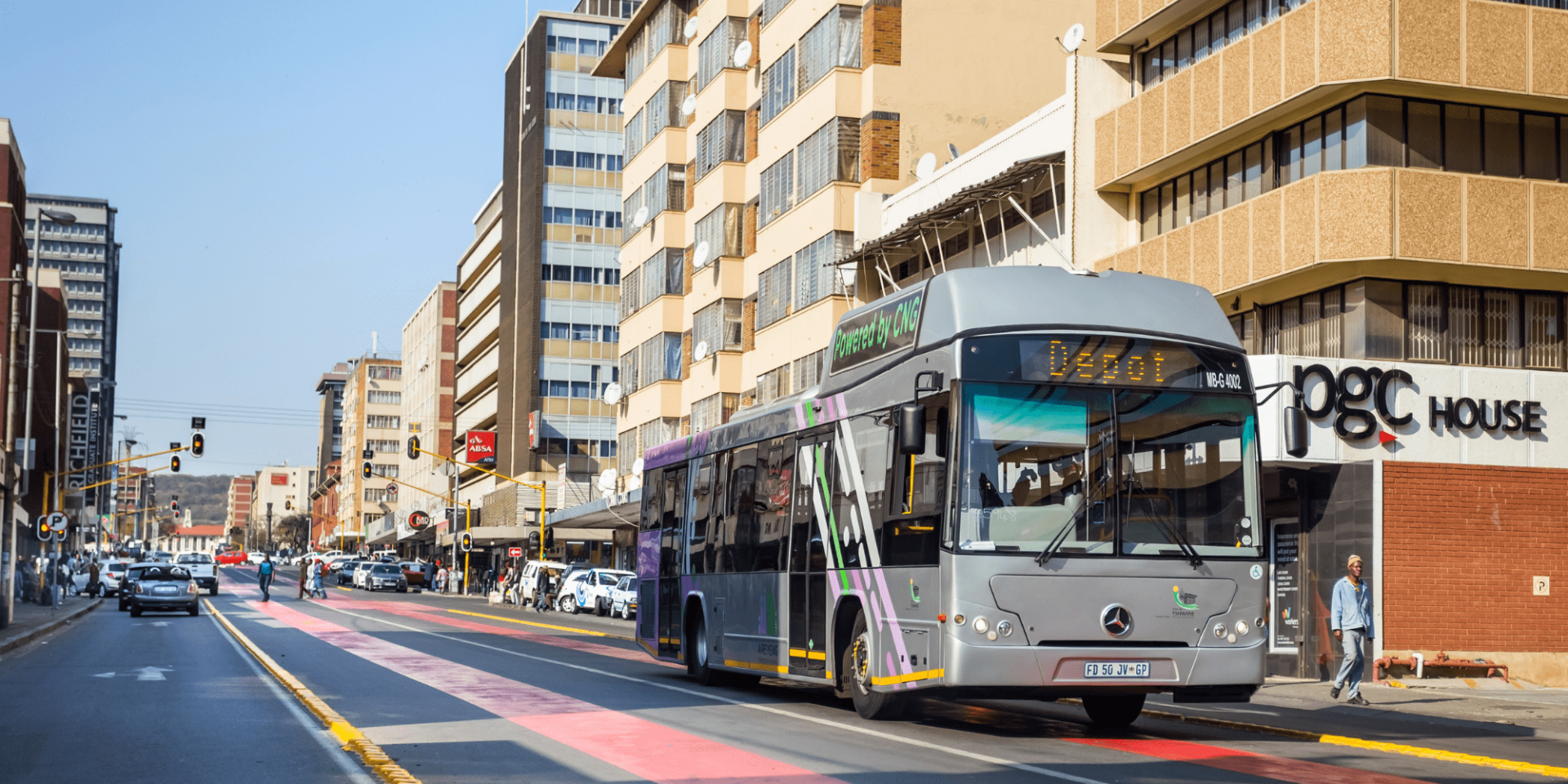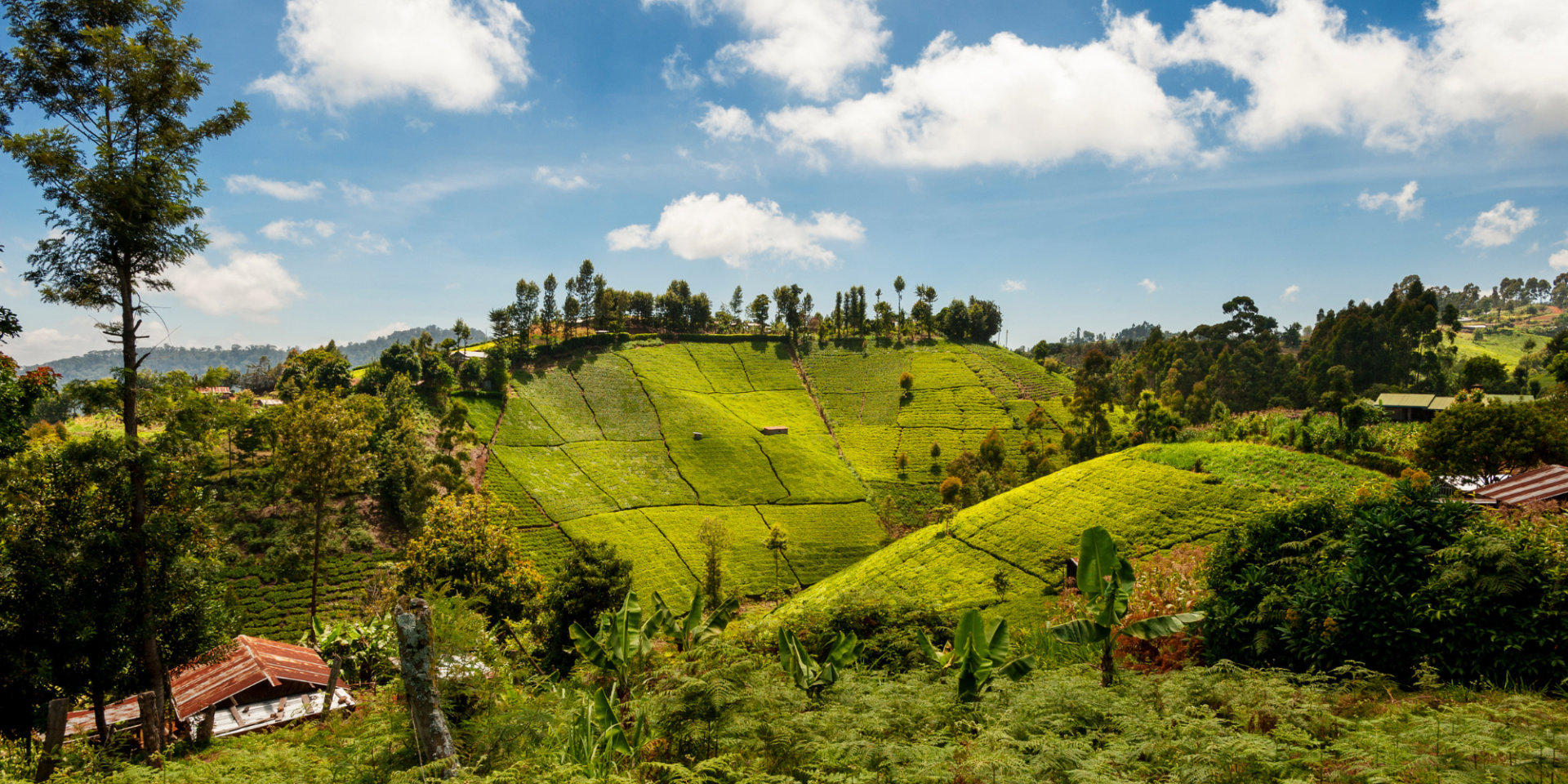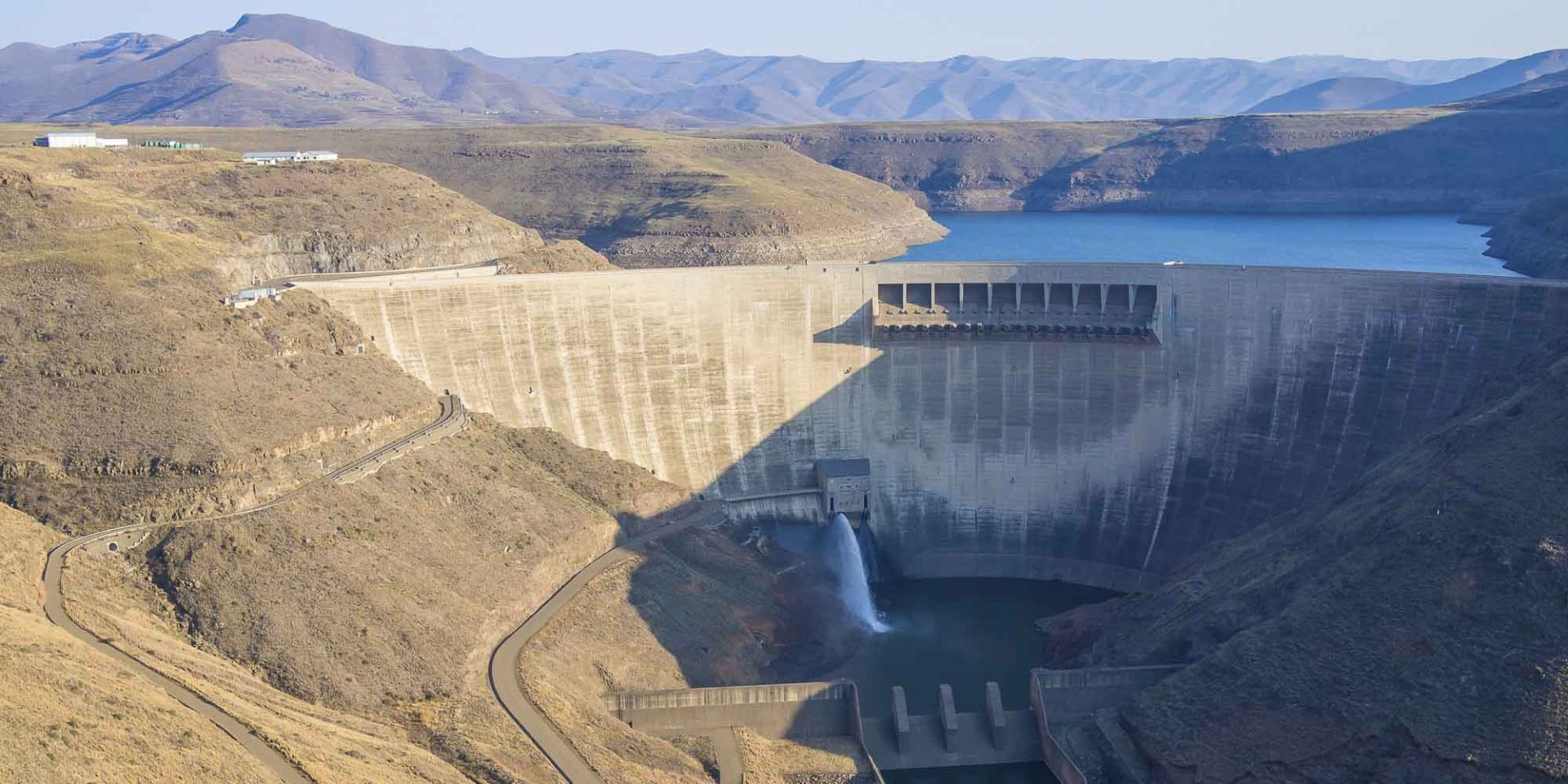Finding opportunity in crisis: What does COVID-19 mean for Africa?
For Vera Songwe, Executive Secretary, United Nations Economic Commission for Africa (UNECA), the COVID-19 pandemic has meant three things: some optimism, some pessimism and a little hope.
“Growth is dropping all over the continent,” she says. “We have negative three per cent growth in some places. That’s dropped from 3.2 per cent before the pandemic, for Africa overall. That’s not good.”
Vera says that the minute Africa drops to three per cent growth, more people get poorer. When it drops to zero per cent growth, the number gets bigger: forty-eight million people could fall into poverty.
The problem with that number though, is that it doesn’t reflect the depth of the problem, according to Vera. When people in Africa fall into poverty, they start from an already vulnerable position. “Getting back from that is going to be quite challenging,” she says.
Nick O’Donohoe is Chief Executive of CDC Group. He agrees that—exacerbated by the fall in natural resource prices, ten million jobs lost in the formal sector and 100 million in the informal sector—this is a huge economic issue for Africa. “What happens in these circumstances is that inevitably investors become more risk averse and their first reaction is to take money away from those places that are furthest away, that they know least about and that they perceive as having the greatest risk.”
He says that as a DFI, CDC’s role is to be counter-cyclical. “In many cases great companies are going through these extraordinary circumstances, and they need the working capital and the liquidity to survive. That’s been a key focus for CDC.”
A large part of the problem for communities lies in the lack of a safety net for people who have lived their lives on the brink of poverty: Vera has seen lesser crises easily push them over the edge, and the safety nets governments create can only reach people in the formal economy. In other words, the people with informal incomes—the majority of people in much of Africa—are essentially invisible.
But Vera is optimistic that this can and will change: five of the largest telecommunications companies in Africa are part of a new UNECA programme that’s creating one source code for each country. That means that governments can send out messages to people wherever they are. “With this tool we can reach about 714 million devices. It will be a two way messaging system called the African Communications Information Platform (ACIP), and in collaboration with the UN and a large scale code on the continent we’re now covering 36 countries.”
Yasemin Saltuk Lamy, Deputy Chief Investment Officer at CDC says that there’s a great alignment between how the organisation is responding to the crisis and the UNECA standpoint. “We see three main challenges for Africa in this crisis. First, the health challenge: survival through a pandemic. Second, the macroeconomic challenge: many African countries are unable to deliver the type of fiscal response that the UK or the US can, for instance. Thirdly, the livelihood challenge, which means the job losses in the informal sector especially.”
The first priority for CDC has been to protect the impact that the organisation has had so far in its existing portfolio. The second is about strengthening impact for target beneficiary groups. “We’re giving priority to those who are in most urgent need of liquidity support. We’ve committed just under 400 million dollars in that programme of systemic liquidity, over the last few months. We’re really proud of that”, she says.
“Thirdly we have a pillar called Rebuild, which is about thinking about ourselves as a long-term partner in the markets we invest in.”
For Vera, CDC are indeed long-term partners, especially in the areas of working finance and trade capital. “Yasemin talks about the importance of SMEs and women’s businesses, which have been the first to dry up. They’re crucial because they produce the kind of quick turn around capital that keep jobs and businesses open.”
CDC and UNECA are also on the same page when it comes to the build back better priorities, with renewable energy at the forefront of the agenda. “Africa is switching from heavy fuels like coal, to lighter ones like hydro,” says Vera. “But we need more infrastructure investment to do more. It’s cheaper, it’s stable and generating it will improve development on the continent.”
Nick says that a just transition (from fossil fuels to renewables) is key and that CDC can play its role in supporting countries to move to net zero emissions. “It’s critical for organisations like CDC to provide affordable capital to build solar, wind and geothermal energy initiatives in Africa.”
Vera sees raising capital from organisations like CDC as a vital part of the toolkit Africa needs to come out of the COVID-19 pandemic. “As we come out on the other side of this crisis, we hope to see CDC more in Africa: bringing blended financing for development. I think it’s clear that Africa can fast-track. Maybe we have lost momentum on the 2030 SDG goals, but if African countries can come back together quickly, we can use this as an opportunity.”
This article is based on discussions at our recent event ‘Towards a decade of action: 10 years to achieve the Sustainable Development Goals’, part of a series of online events to mark the publication of our 2019 Annual Review. Catch up on the event recording and read our 2019 Annual Review.
Vera Songwe on what Africa's economic recovery from COVID-19 could look like
